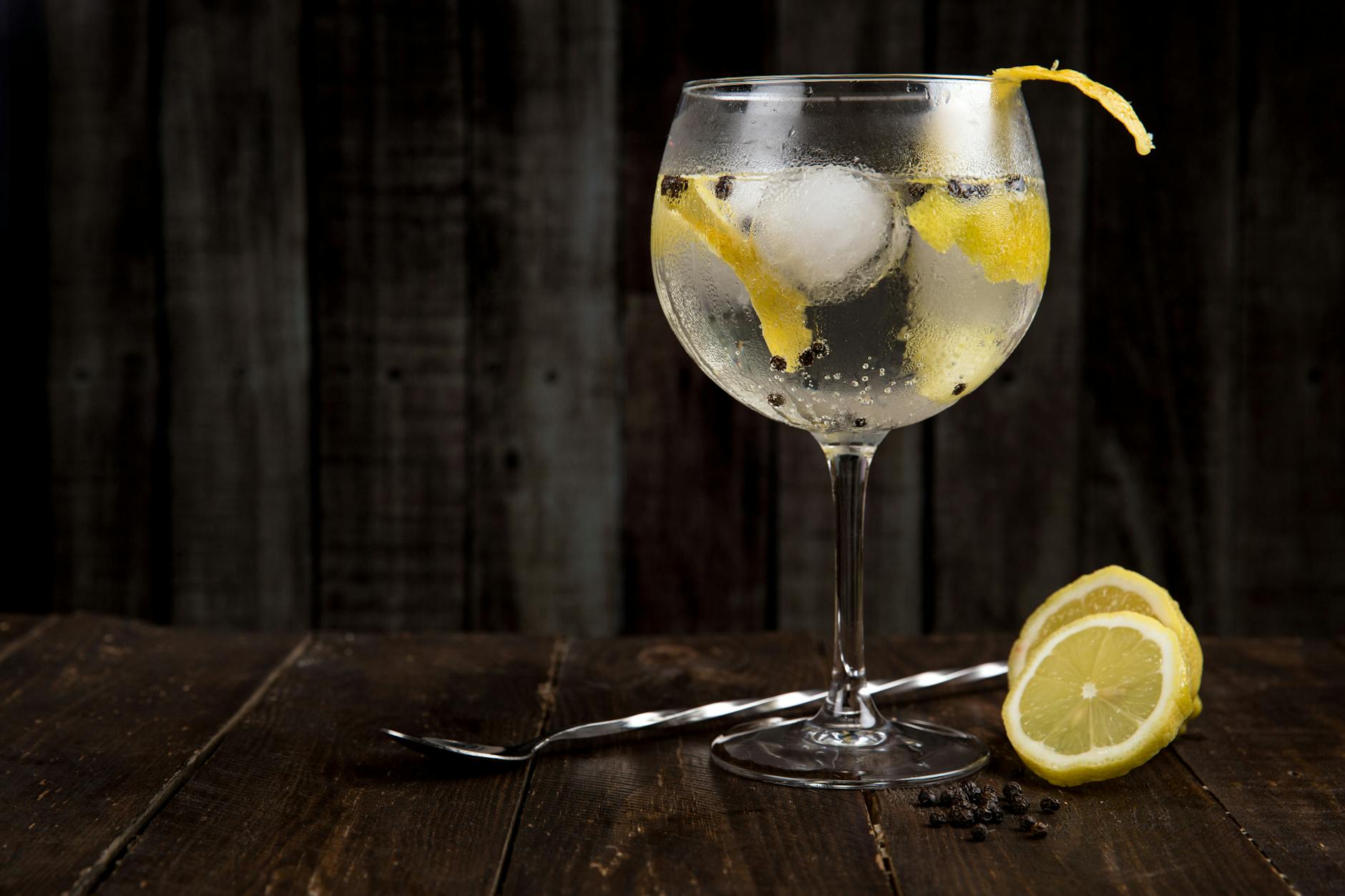Uncover the science behind getting drunk: explore the surprising factors influencing your intoxication level and how to control them.
Table of Contents
Are you curious to know how many beers it takes to get you drunk? The answer to this question is not as straightforward as you might think. Alcohol metabolism varies from person to person, making it difficult to pinpoint an exact number of drinks that will lead to intoxication. In this blog post, we will delve into the science behind alcohol metabolism, individual tolerance levels, and the various factors that can influence how drunk you get from drinking.
The Science Behind Alcohol Metabolism
When you consume alcohol, it is absorbed into your bloodstream through the stomach and small intestine. The liver plays a crucial role in breaking down alcohol into byproducts that can be eliminated from the body. The rate at which the liver metabolizes alcohol can vary depending on factors such as age, weight, and gender.
Younger individuals tend to metabolize alcohol more quickly than older individuals, as the liver’s efficiency decreases with age. Additionally, those with a higher body weight may be able to process alcohol more effectively than those with a lower body weight. Gender also plays a role, with women generally metabolizing alcohol at a slower rate than men due to differences in body composition and enzyme activity.
Individual Tolerance Levels
Alcohol tolerance refers to the ability of an individual to consume increasing amounts of alcohol before feeling the effects of intoxication. Regular drinkers may develop a higher tolerance over time, requiring more drinks to achieve the same level of drunkenness. It is essential to be mindful of your tolerance level to avoid overconsumption and potential harm.
If you notice that you are needing more drinks to feel drunk, consider taking a break from alcohol to reset your tolerance level. It’s also crucial to monitor your alcohol intake and listen to your body’s cues to prevent overindulgence.
Factors Influencing Intoxication
Several factors can influence how drunk you get from drinking alcohol. One significant factor is food consumption. Drinking on an empty stomach can lead to faster absorption of alcohol into the bloodstream, increasing the likelihood of intoxication. Eating a meal before or while drinking can help slow down the absorption of alcohol and reduce its effects.
Hydration is another essential factor to consider. Alcohol is a diuretic, meaning it can lead to dehydration. Staying hydrated while drinking can help mitigate the effects of alcohol and prevent severe intoxication. It’s also crucial to avoid mixing alcohol with other substances, such as medications or illicit drugs, as this can increase the risk of adverse effects and dangerous interactions.
Conclusion
Understanding the science behind alcohol metabolism, individual tolerance levels, and the factors influencing intoxication can help you make informed decisions about your alcohol consumption. It’s essential to drink responsibly, be aware of your own tolerance level, and prioritize your health and safety while drinking.
Remember, there is no one-size-fits-all answer to the question of how many beers it takes to get drunk. Your intoxication level can vary based on a variety of factors, so it’s crucial to listen to your body and know your limits. By staying informed and mindful of your alcohol consumption, you can enjoy drinking responsibly and avoid the negative consequences of overindulgence.
FAQ
Question 1: How does alcohol metabolism vary based on age?
Answer 1: Younger individuals typically metabolize alcohol more quickly than older individuals due to the liver’s decreased efficiency with age.
Question 2: What role does hydration play in intoxication levels?
Answer 2: Staying hydrated while drinking can help mitigate the effects of alcohol and prevent severe intoxication by counteracting dehydration caused by alcohol’s diuretic effects.
Question 3: How can one reset their alcohol tolerance level?
Answer 3: Take a break from alcohol consumption to reset tolerance levels and listen to your body’s cues to prevent overindulgence and maintain responsible drinking habits.
Question 4: Why is it important to consider food consumption when drinking?
Answer 4: Eating a meal before or while drinking can slow down the absorption of alcohol into the bloodstream, reducing the likelihood of intoxication and its effects. It is crucial to avoid drinking on an empty stomach for safer alcohol consumption.


Leave a Reply